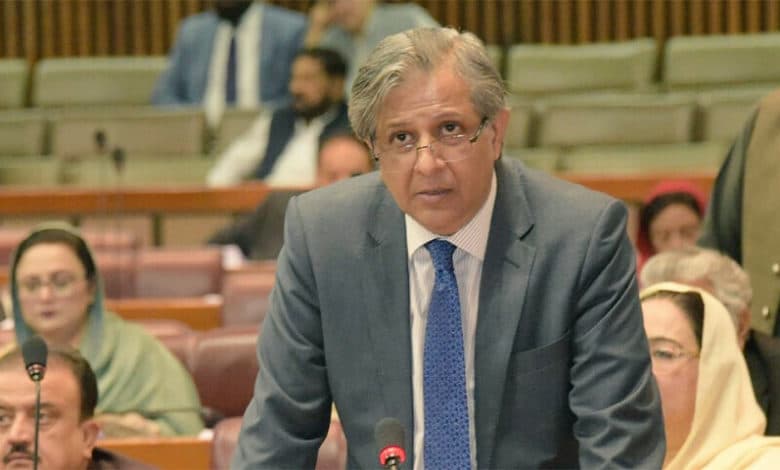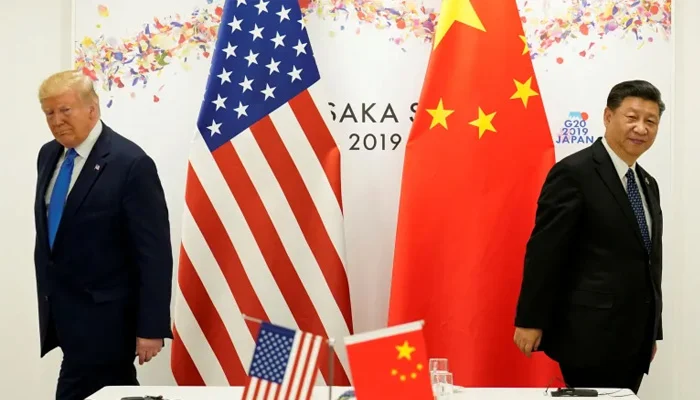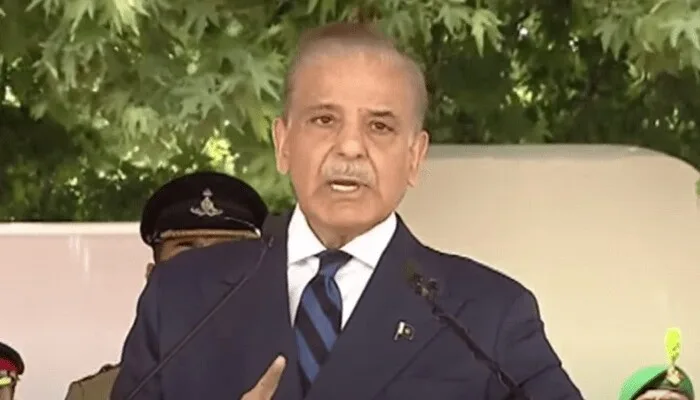
The National Assembly approved the Supreme Court (Practice and Procedure) Bill 2023. This bill is intended to strip the Chief Justice of Pakistan (CJP) of the authority to take suo motu notice in a personal capacity. Azam Nazeer Tarar, the Federal Minister for Law and Justice, introduced the bill.
While addressing the law minister on Wednesday, PPP Chairman Bilawal Bhutto Zardari called the effort “too little and too late,” saying it should be called a “judges empowerment” bill.
“It is being said that a constitutional amendment should be made,” Tarar said when he spoke. I want them to understand that there is no need for a constitutional change.
“They should go read Article 191 of the Constitution, which gives the Assembly the authority to legislate.” Since 1980, the Supreme Court has made its rules in accordance with the Constitution and the legislation, as stated in the preamble.”
He stated that Pakistan has six bar councils, and that “all of them congratulated the House and the law for delaying the bill.”
Mohsin Dawar, MNA for North Waziristan, proposed amendments that were approved.
Tarar also recognized Bilawal’s “too little, too late” comments, but stated that “there is a right time for everything” and that the government acted with restraint “until a voice came from within the courts.”
The session was adjourned shortly after the measure was passed.
The measure, titled “Supreme Court (Practice and Procedure) Bill, 2023,” was approved by the panel with a few minor changes. Bashir Mehmood Virk, a member of the PML-N, presided over the group discussion.
Additional amendments included the right to appeal against suo motu verdicts rendered up to 30 days prior to the passage of the Lawyers’ Protection Act, as well as the requirement that no case involving interpreting the Constitution be heard by a bench of fewer than five judges.
The conference was also attended by Federal Law Minister Azam Nazeer Tarar, Minister of State for Law and Justice Shahadat Awan, PML-N’s Mohsin Ranjha, and MNA Ramesh Kumar Vankwani.
Tarar bemoans the ‘improper use’ of suo-motu authority.
Tarar lamented in the meeting’s opening comments, “For the past year or so, two senior Supreme Court judges have not been seen [included] in any important bench.” This should not occur.”
Tarar clarified that suo motu power was used as a “one-man show,” saying, “From every angle, there is no need for a constitutional amendment for this.”
“Unfortunately, there has not been a full court session of the Supreme Court for the past three years,” he added. It is the federal government’s responsibility to fill the void through law.”
The minister went on to say that the government did not want to pass a law that could be challenged afterward. “This was an old demand of stakeholders, on which legislation is now being enacted,” he explained.
“Not having the right to appeal against a suo motu decision is a violation of fundamental rights,” Tarar claimed. It is also everyone’s right to retain the services of a lawyer of one’s choosing.”
He defended the government’s action, claiming that when “voices from within the Supreme Court also arose, legislation was passed.”
The chairman of the standing committee, Virk, then asked, “Is there anything in this bill that violates the Constitution?””
Syeda Nafeesa Shah, a PPP MNA, replied, “Parliament members are unanimous, but there are some voices arising from outside Parliament.” The timing of the law is being contested. Some argue that Article 184(3) [of the Constitution] will need to be changed.”
Tarar explained the use of suo motu powers, saying, “Article 184(3) was used imprudently.” [Former CJP] Iftikhar Chaudhry abused his suo motu notice [powers].
“Three chief justices [of Pakistan] did not use this authority after Iftikhar Chaudhry.” However, [previous CJP] Mian Saqib Nisar overstepped his bounds.”
At one point during the session, Vankwani of the PTI stated that the government is “bulldozing matters” by passing the bill.
Read more: EU Removes Pakistan from High Risk Countries List, Naveed Qamar.
He suggested that the Supreme Court be “involved in the process,” to which Tarar responded that the apex court had “done nothing on the matter in so many years.”
In response to Vankwani’s suggestion to seek input from the Supreme Court on the issue, PML-N’s Virk said, “Should permission be sought from the cause of the illness?”
“Legislation is the responsibility of parliament,” Ranjha continued, “while the judiciary’s responsibility is to interpret the law and the Constitution.”
“Parliament must do its job, and the Supreme Court must do its,” he added.
Ranjha went on to say that “nothing is being done that crosses a line.” “If the intention is not good,” said Qamar of the PPP, “then the right to appeal [the suo motu notice] can be sabotaged.”
The law minister then proposed increasing the number of justices who can hear an appeal against a suo motu notice from three to five.
At one point during the session, Ranjha demanded that the act be retroactively implemented, to which PPP MNA Syed Naveed Qamar responded, “Do not beg for this. There will be accusations that this legislation is being passed to benefit Nawaz Sharif.”
As a result, the amendment to appeal against suo motu verdicts rendered up to 30 days prior to the passage of the Lawyers’ Protection Act was included in the measure, along with the amendment that no case involving constitutional interpretation will have a bench of less than five judges.
Following the approval of the bill requesting the amendment by the standing committee, Tarar stated that the Supreme Court Bar Association believes that Article 184(3) of the Constitu tion should also be amended.
















